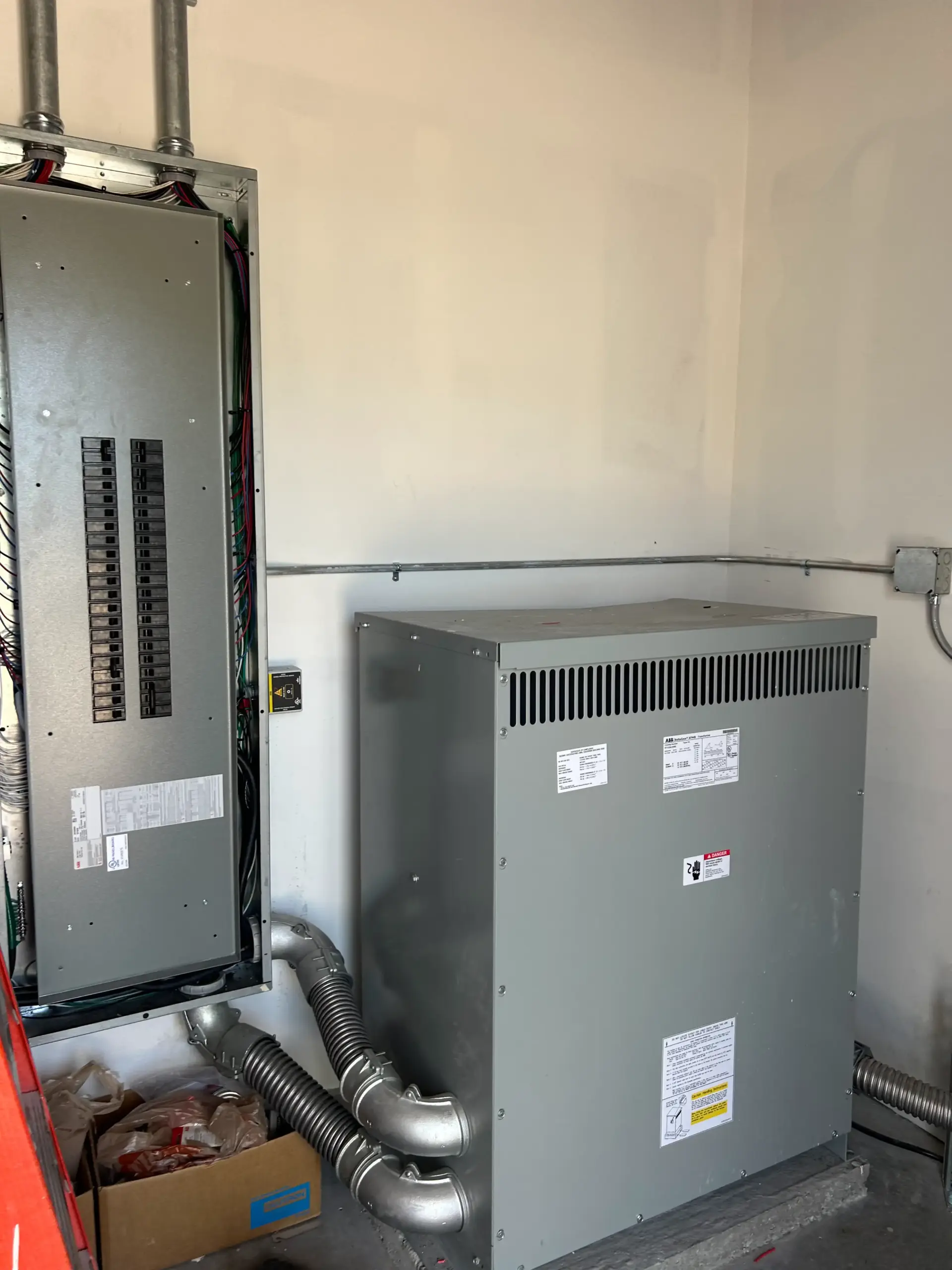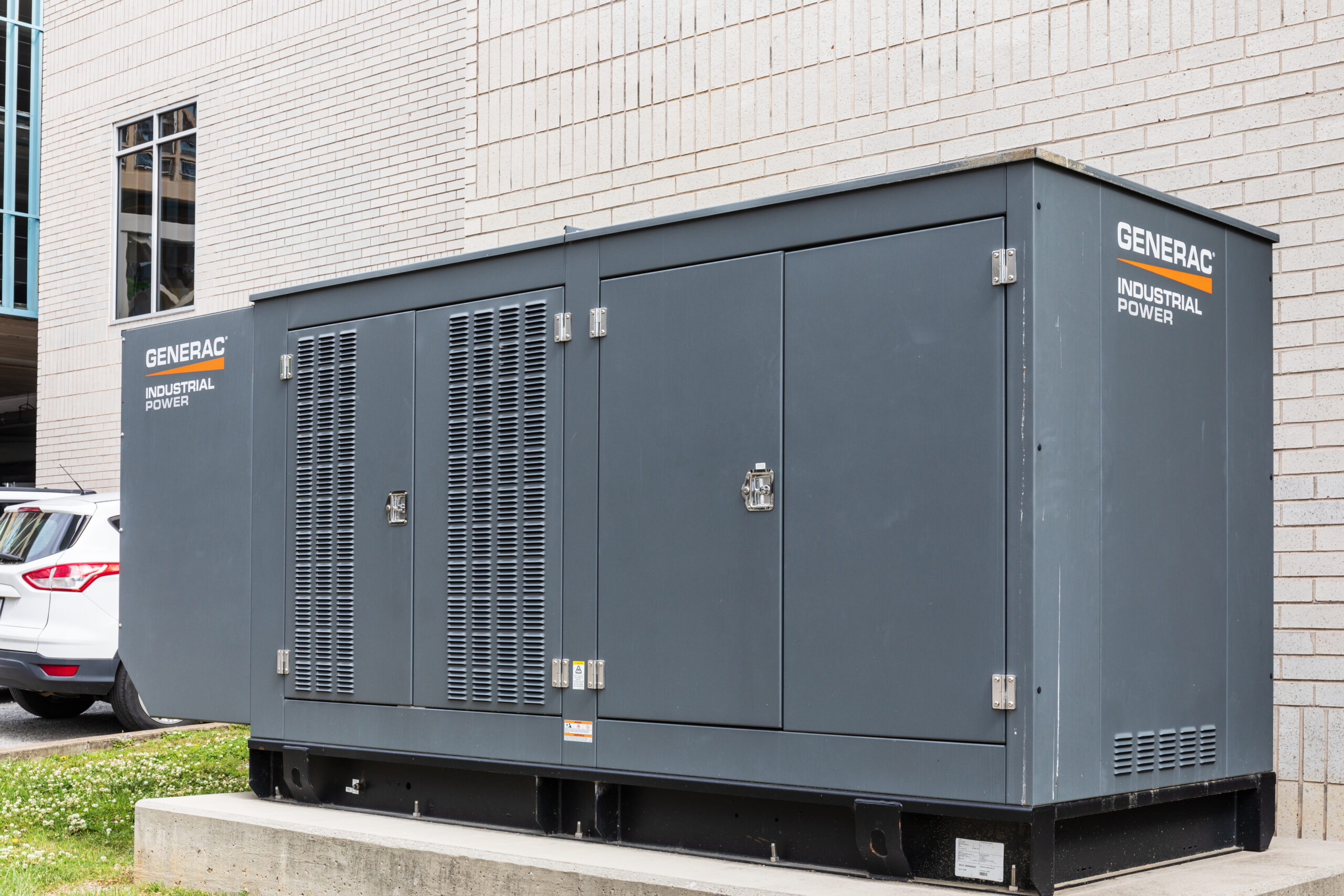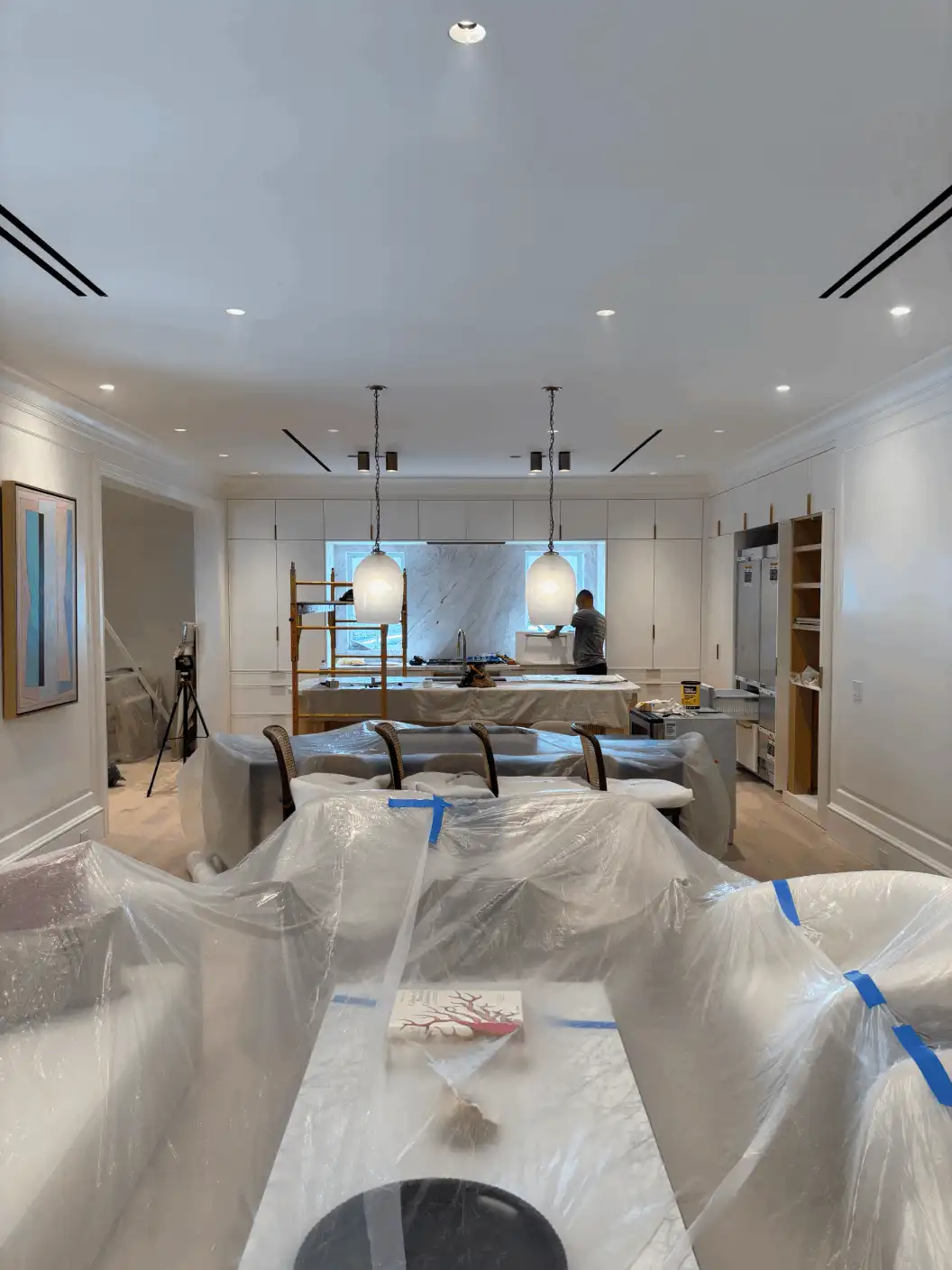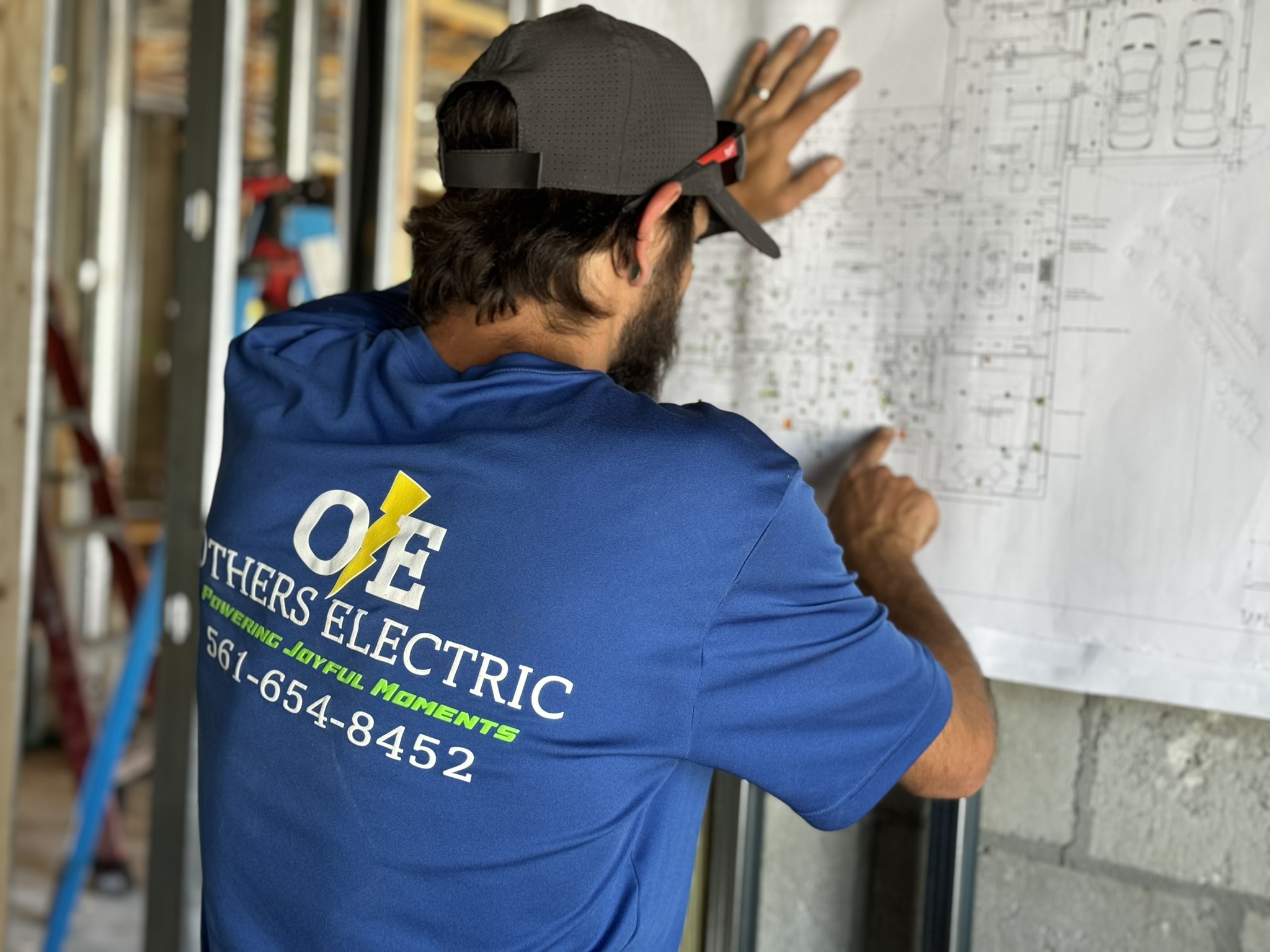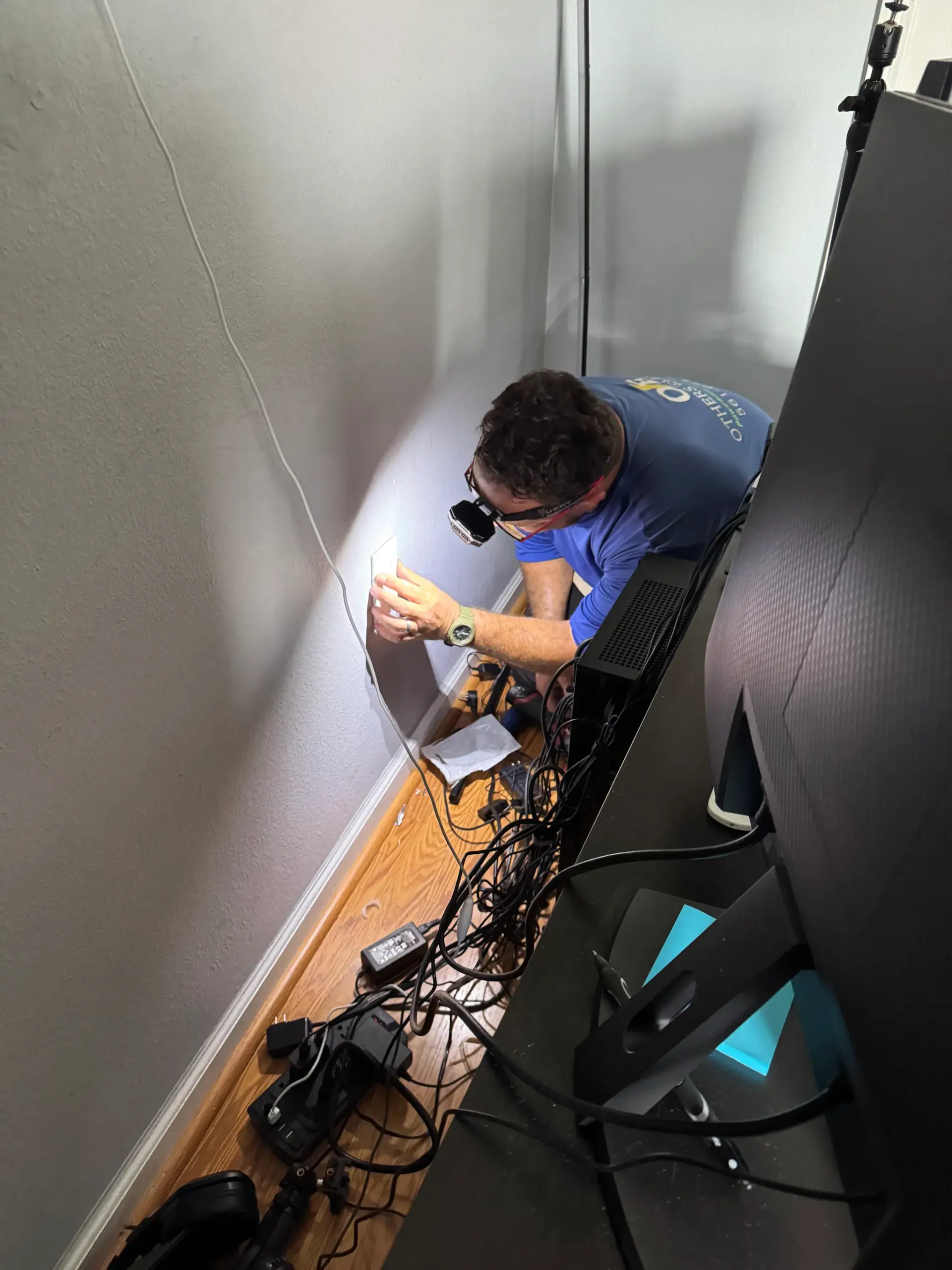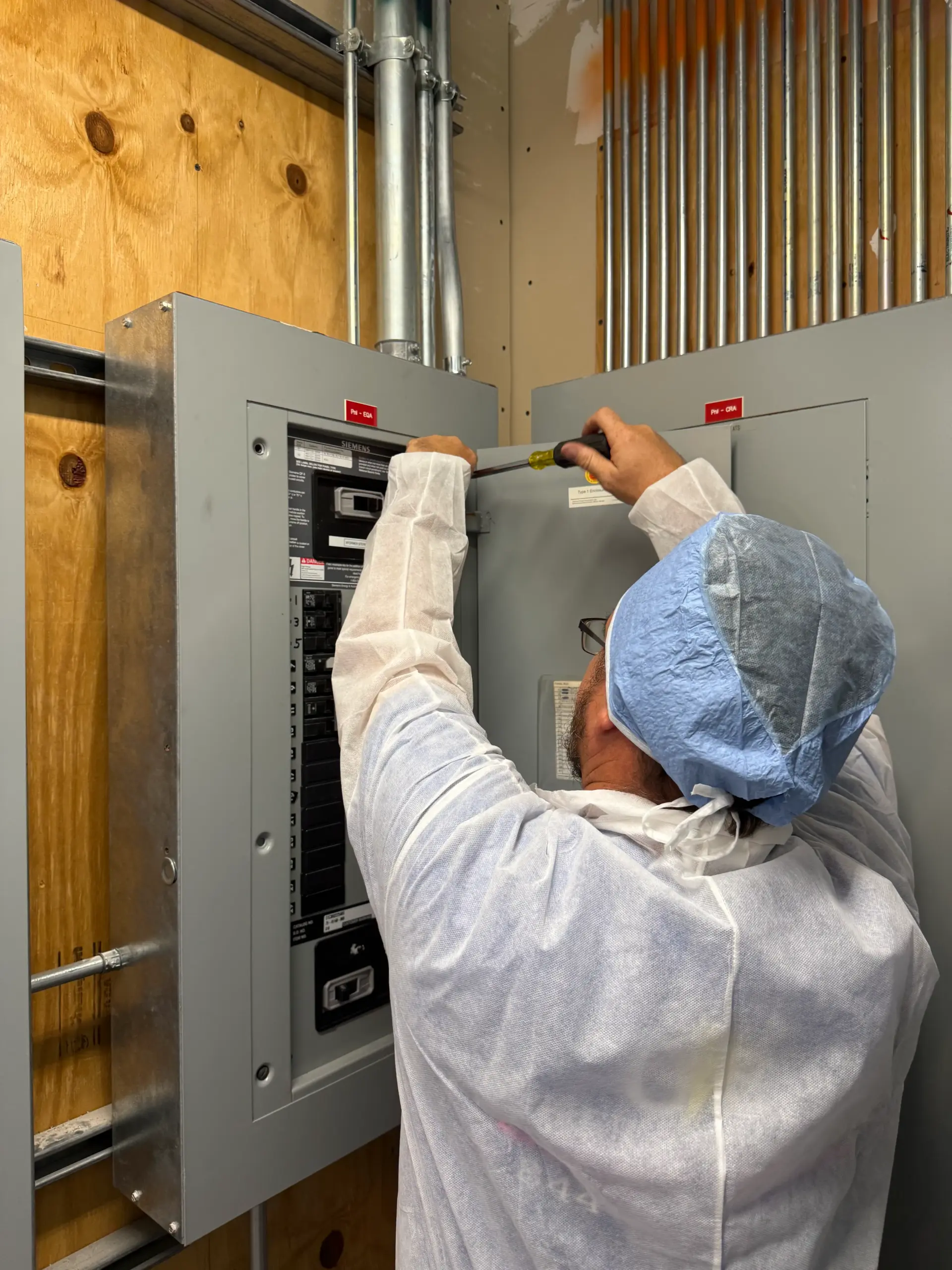Condominium living offers a unique blend of privacy and community, making it an attractive option for many homeowners. Whether you’re a first-time buyer or a long-time resident, you might eventually find yourself asking, can you renovate a condo? The short answer is yes, but the process is more complex than renovating a traditional single-family home. Condo renovations are governed by specific rules and regulations set by both the building’s governing association and local municipalities. Before beginning any updates, it’s essential to understand the scope of what you’re allowed to change, the approval process involved, and the impact of renovations on shared infrastructure.
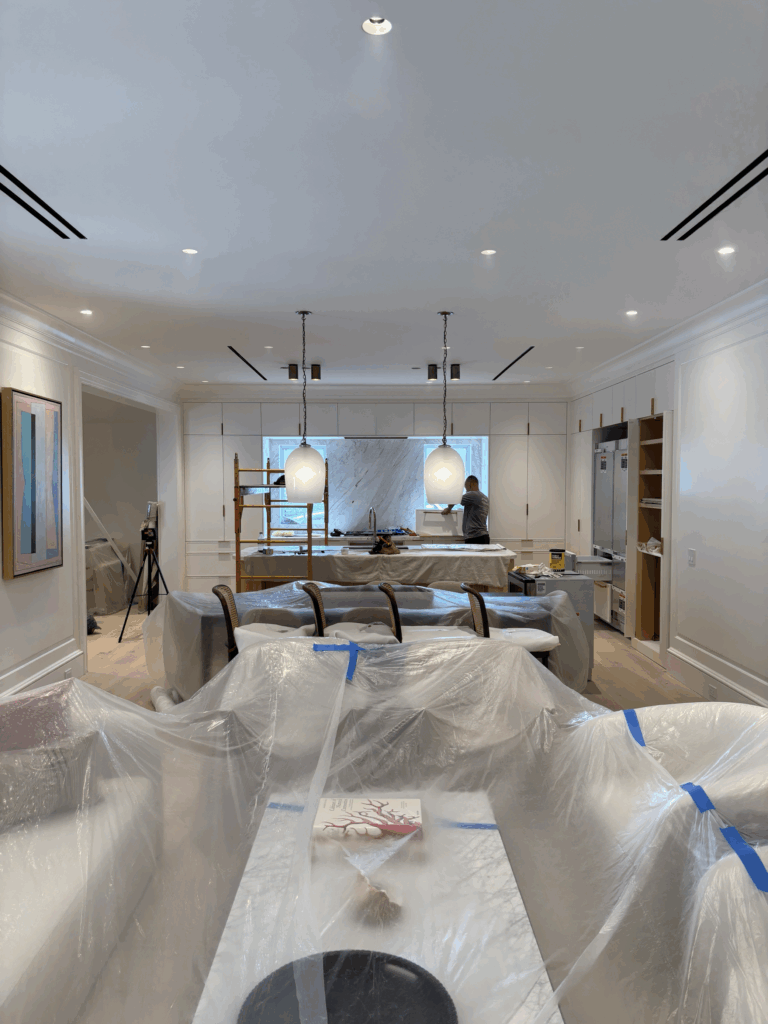
Understanding the Boundaries of Condo Ownership
When asking, can you renovate a condo, one of the first things to consider is the legal and physical boundary of your ownership. In most condominiums, owners have full rights to the “interior” of their unit. This typically includes walls, flooring, cabinetry, appliances, and sometimes windows. However, exterior walls, structural elements, plumbing stacks, and electrical wiring that run through the walls to other units are usually considered common elements shared by all residents.
This distinction is crucial because it limits what modifications you can make without violating HOA rules or endangering building-wide systems. For example, removing a wall might not be permitted if it’s load-bearing or contains plumbing or electrical wiring connected to neighboring units. Renovation permissions are generally stricter when it comes to bathrooms and kitchens because these areas often impact the building’s infrastructure.
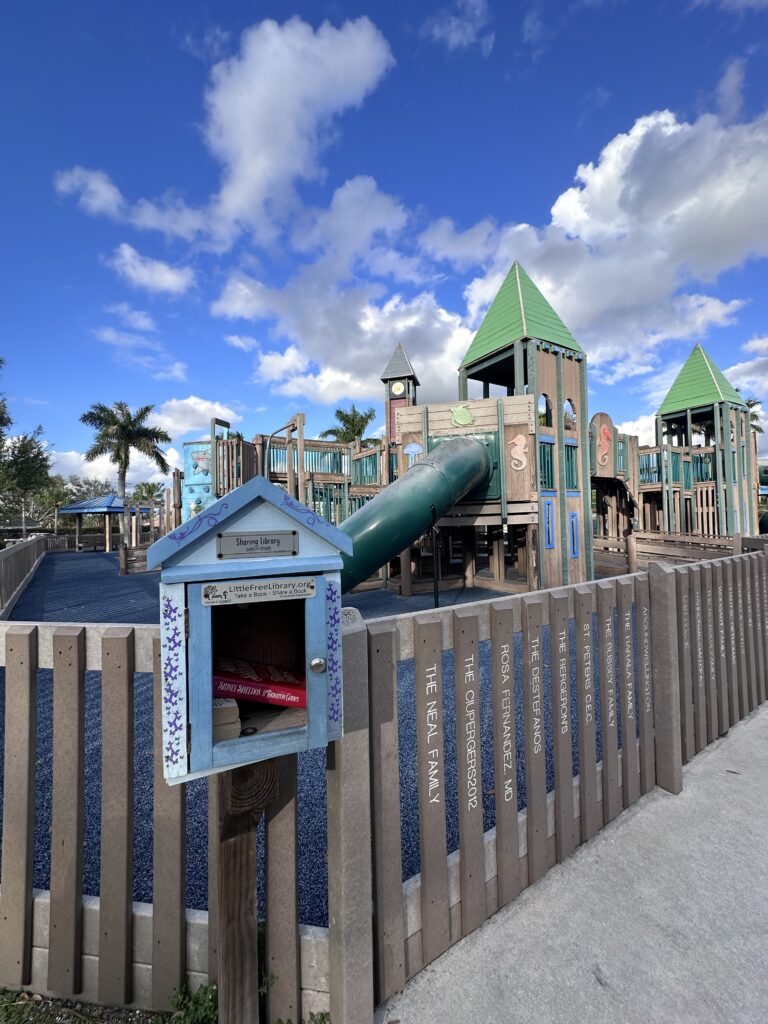
Navigating HOA Rules and Approval Processes
Before lifting a hammer or pulling up flooring, it’s essential to review your condominium association’s governing documents. These typically include the Covenants, Conditions & Restrictions (CC&Rs), bylaws, and architectural guidelines. These documents will clarify whether your intended project is allowed and what kind of permissions are required.
In most condo buildings, any significant alteration—such as reconfiguring walls, replacing plumbing, or upgrading electrical systems—requires written approval from the HOA. This is not merely a formality; it’s a safeguard to ensure your project does not compromise the building’s integrity or inconvenience other residents. Many associations require detailed renovation plans, contractor licenses, proof of insurance, and proposed work schedules.
Approvals can take several weeks to process, so it’s wise to plan accordingly. Failure to obtain prior approval could result in fines, mandatory restoration, or even legal action. For condo owners wondering can you renovate a condo without HOA involvement, the answer is almost always no if structural or utility changes are involved.
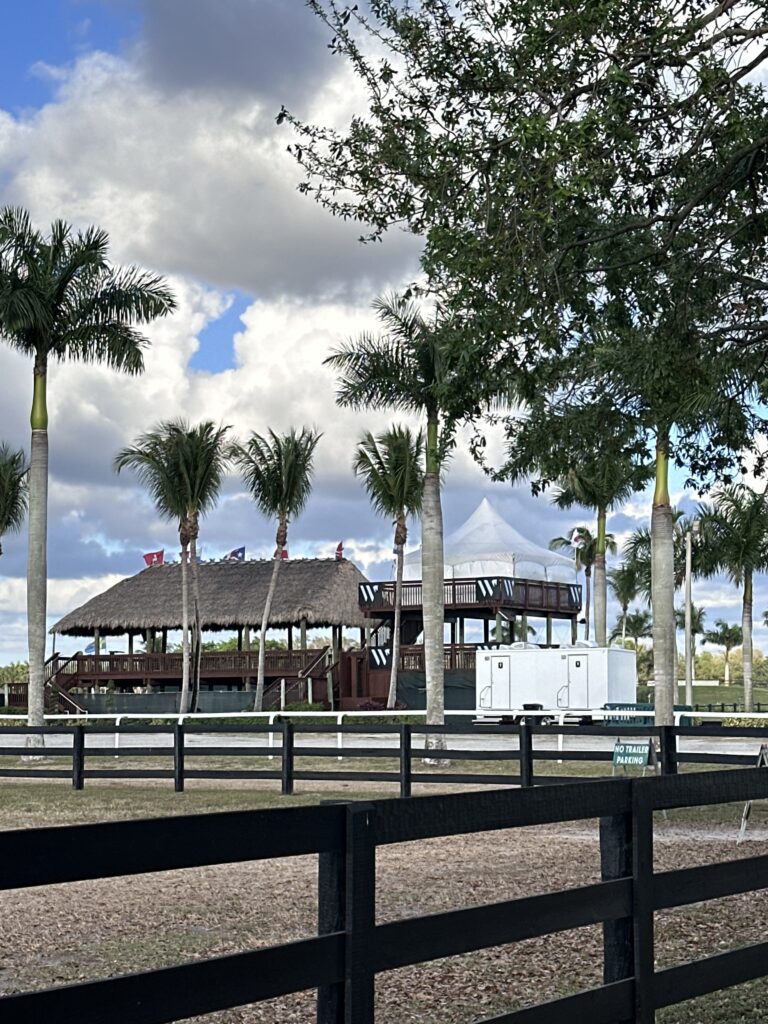
Working Within Local Building Codes
In addition to HOA oversight, your renovation must also comply with local building codes. These regulations are in place to ensure safety, accessibility, and energy efficiency. Depending on your jurisdiction, certain permits may be required for electrical rewiring, plumbing modifications, or any work that impacts the structure of the building.
A common misconception is that HOA approval replaces municipal permits. In fact, you typically need both. Failing to secure the necessary city or county permits can lead to penalties, stop-work orders, and costly delays. Hiring a licensed and experienced contractor familiar with both the condo association’s expectations and local building codes can help navigate this complex process.
Types of Renovations You Can Typically Make
So, what renovations can you usually make inside a condo? Cosmetic changes like painting, replacing flooring, upgrading countertops, and installing new light fixtures are typically allowed without special permissions, provided they don’t impact neighboring units. Even so, it’s good practice to inform your building management out of courtesy.
More extensive renovations—like kitchen remodels, bathroom overhauls, or knocking down walls—require detailed planning and formal approvals. Projects involving plumbing or electrical systems almost always require professional contractors and permits. Windows, balconies, and HVAC systems often fall into a gray area, sometimes managed by the condo association, so it’s crucial to determine who is responsible before proceeding.
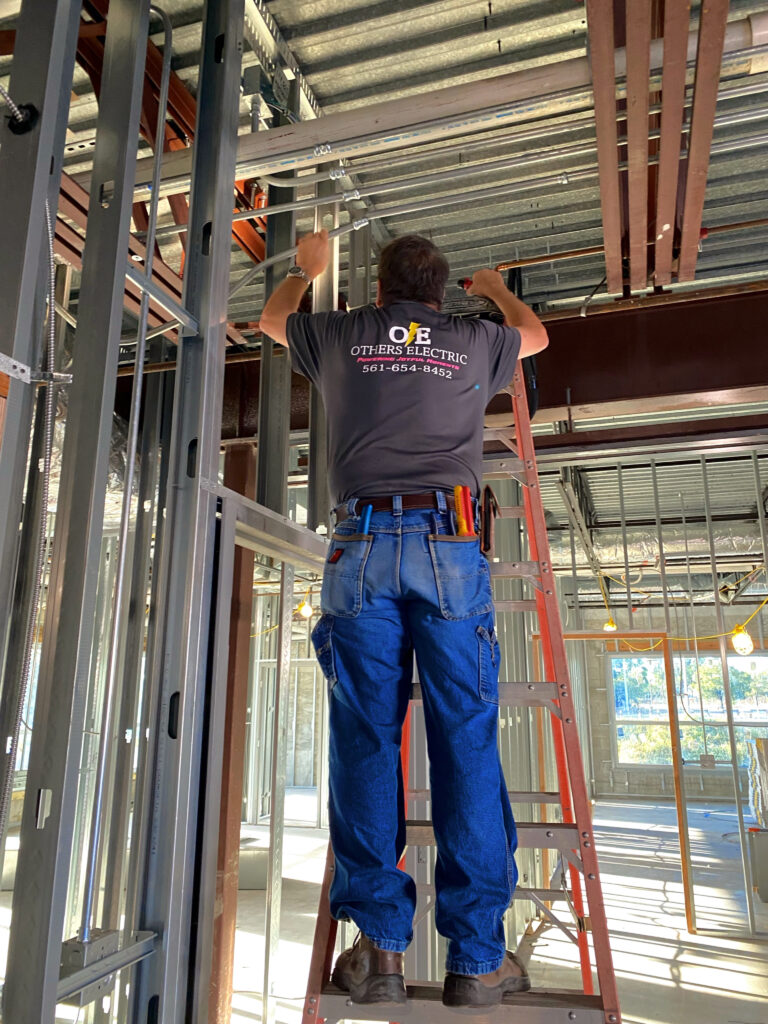
Budgeting and Timeline Considerations
When considering whether you can renovate a condo, financial planning plays a significant role. Condo renovations often cost more than similar updates in a standalone house due to additional permit fees, architectural reviews, HOA oversight, and access restrictions. Many condos limit work hours to avoid disturbing neighbors, which can extend project timelines.
Some buildings may also require a refundable damage deposit or mandate the use of approved contractors. These additional steps can protect shared hallways, elevators, and entryways during the renovation process but should be factored into your overall timeline and budget.
The Role of Electrical Upgrades in Condo Renovations
Electrical systems in condominiums often span multiple units and shared areas. If your renovation includes rewiring, adding new circuits, or upgrading your electrical panel, it’s critical to work with licensed electricians who understand the building’s design. Since improper electrical work can affect neighbors and common infrastructure, many associations have strict guidelines for these upgrades.
Partnering with professionals like Others Electric ensures your project meets all technical and compliance standards. Whether you need to add outlets for new appliances or modernize outdated systems, licensed electricians can make sure the work is both safe and up to code.
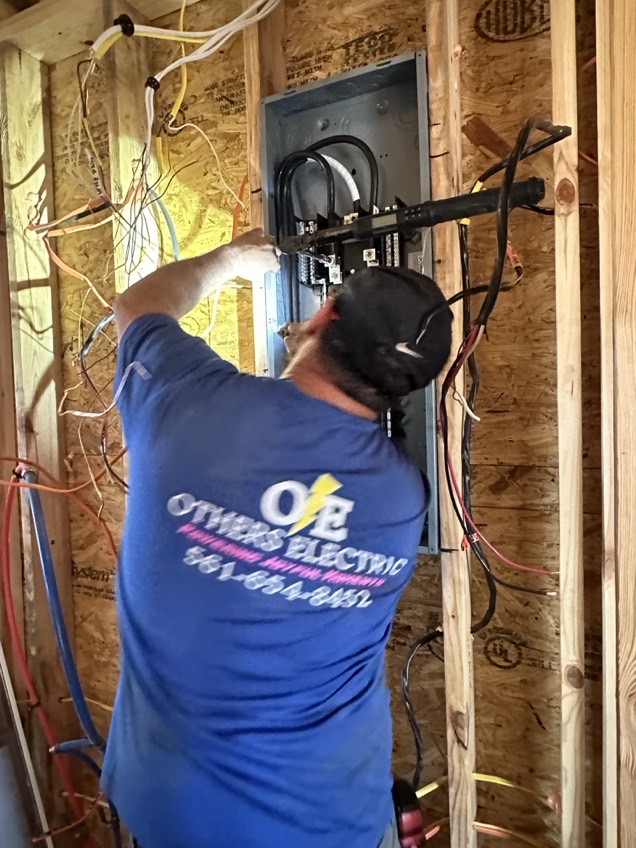
Renovating with Resale in Mind
Another consideration when asking, can you renovate a condo, is how the updates will affect your property value. Quality renovations can increase appeal and resale price, especially in high-demand markets. Kitchens and bathrooms are typically the most valuable areas to update, but style, durability, and compliance with HOA rules are equally important.
That said, overly personalized renovations may not appeal to future buyers, so balancing modern design with timeless appeal is key. Additionally, documenting the renovation process and maintaining records of permits and approvals adds value and transparency during resale.
Conclusion
To answer the question, can you renovate a condo, the answer is a clear yes—but with careful planning, permissions, and consideration of shared property rules. Navigating HOA guidelines, local building codes, and contractor requirements can be daunting, but the results are worth the effort. With the right professionals by your side and a clear understanding of your responsibilities, a well-executed condo renovation can dramatically improve your living space and property value.
If you’re planning electrical upgrades as part of your condo renovation, Others Electric offers expert guidance and installation services tailored to multi-unit residential environments. For additional information on construction codes and condo guidelines, visit resources from the U.S. Department of Housing and Urban Development.


